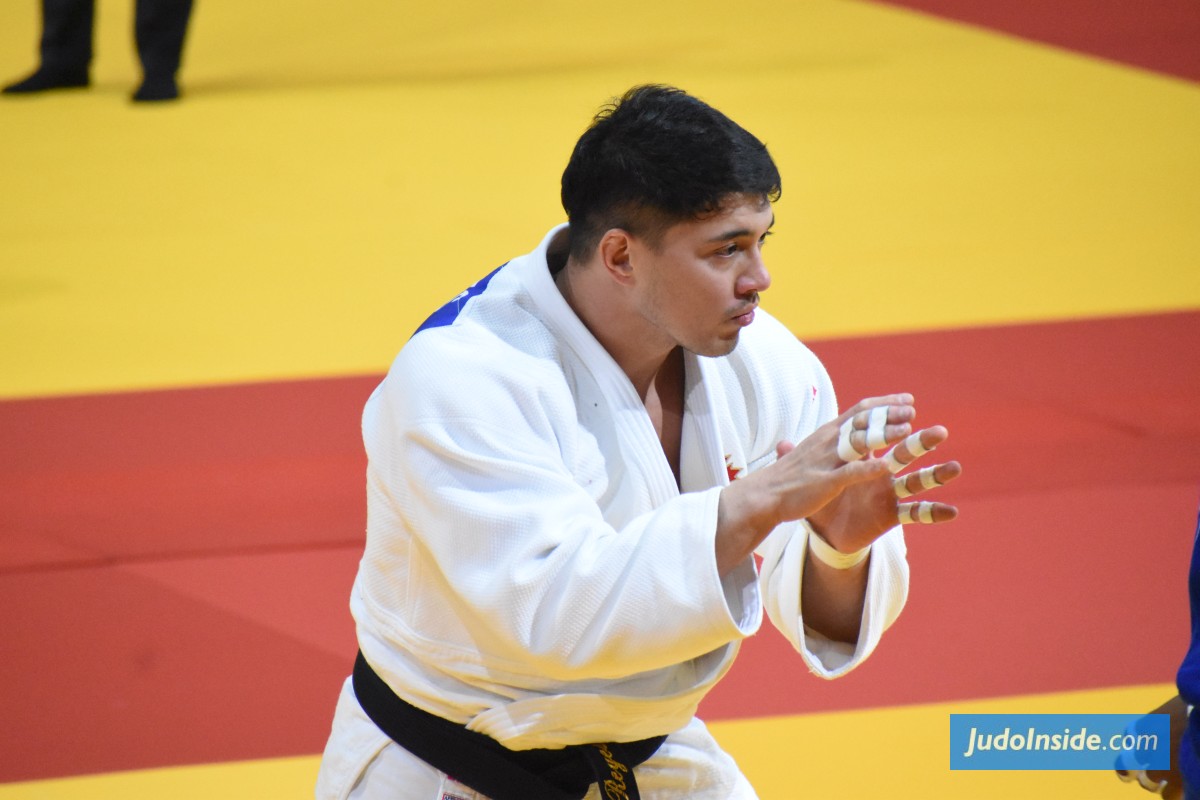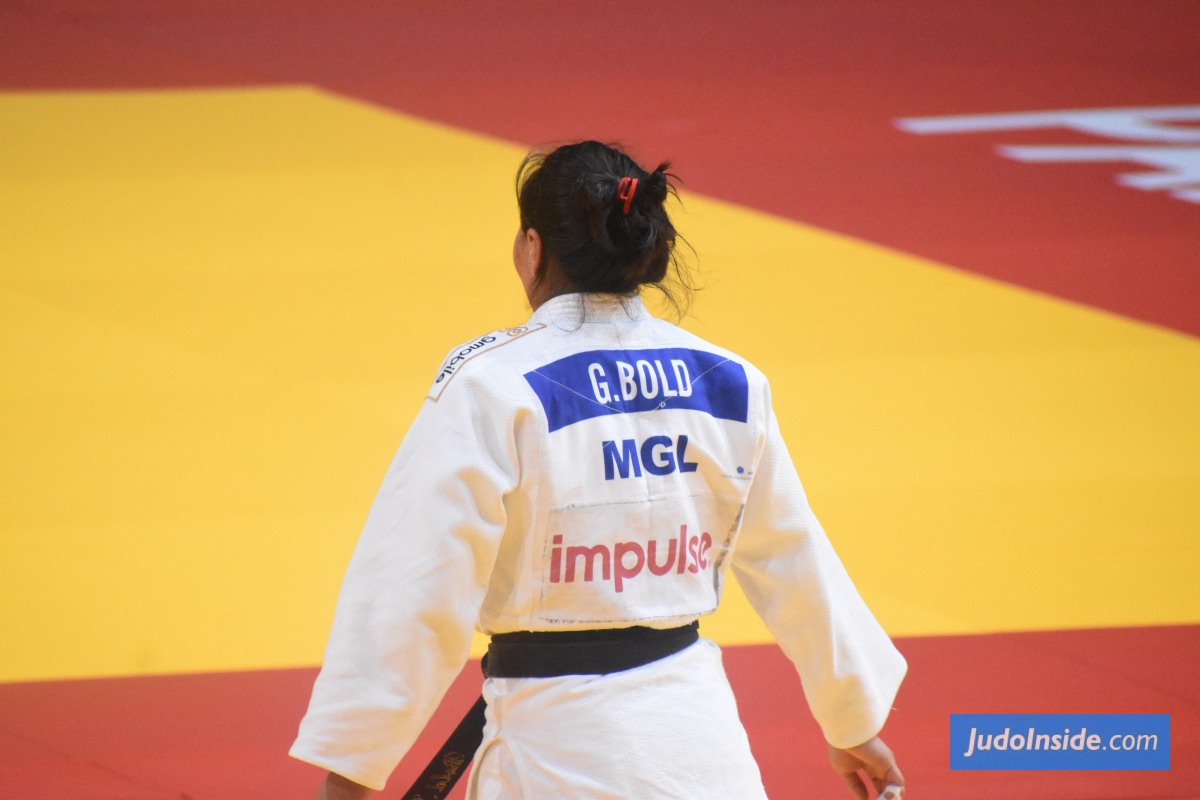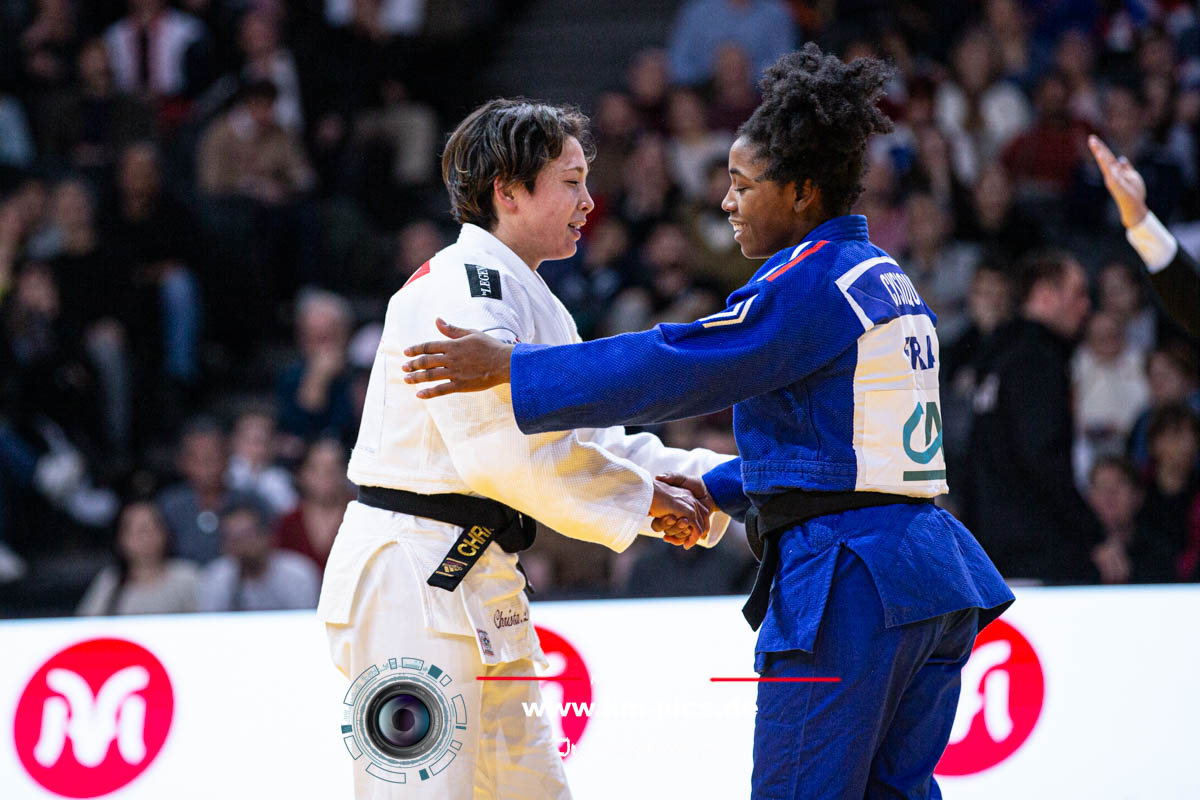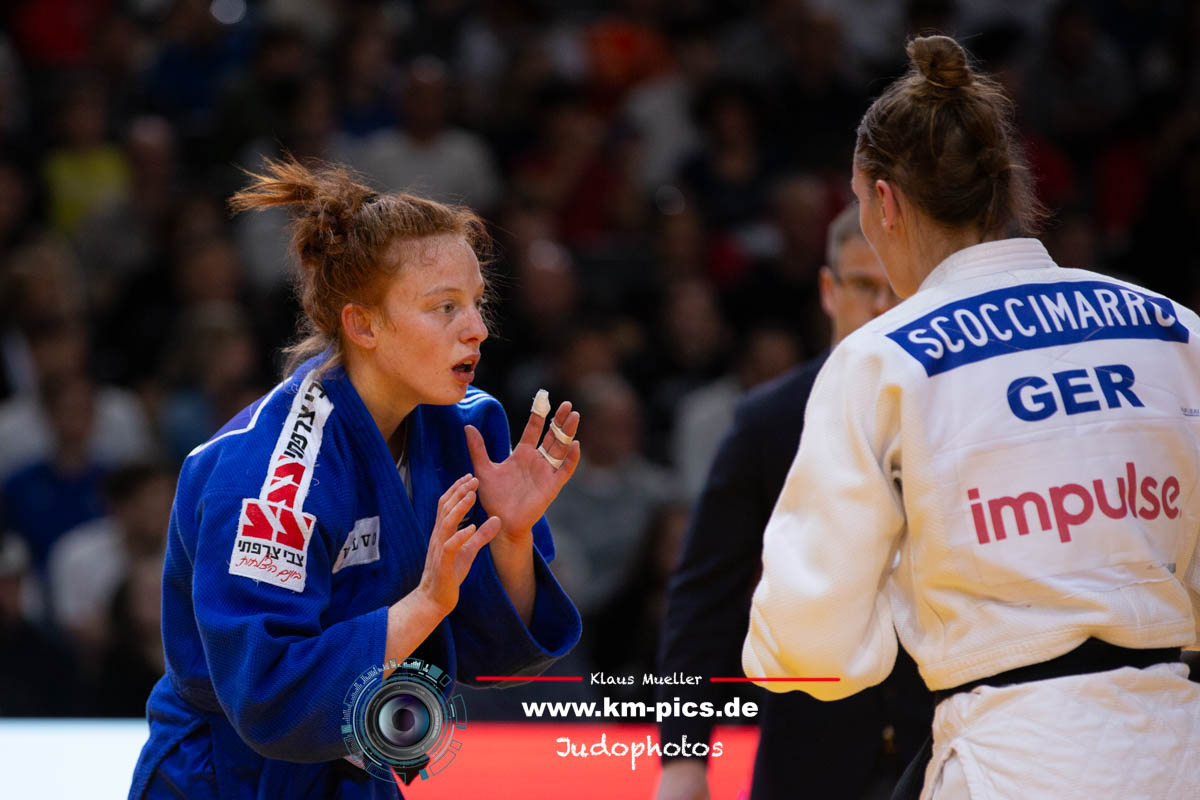Olympic Heroes: Haruka Tachimoto
 (2).jpg)
 3 Nov 2024 21:15
3 Nov 2024 21:15
 IJF Media team by Jo Crowley
IJF Media team by Jo Crowley
 IJF Media Team / International Judo Federation
IJF Media Team / International Judo Federation
Haruka Tachimoto won the Olympic title in 2016 in Rio De Janeiro in the -70 kg category. She retired after her title in Rio but she didn’t change herself. The IJF team spoke to Tachimoto.
“At my first Olympic Games in London I placed 7th but during the next four years, aiming to qualify for Rio, I understood the process better. During that time, in 2014, I went to the UK and met Sally Conway. This was also an important factor for me.
There are two important points. One is the changing of how to practise between the London Games and my arrival in Rio 4 years later. I am from Tokai University where there are both women and men. For the London cycle I was a student and so was always training with the girls, only rarely with the boys. After that I wanted to change and I asked my teacher about their ideas. He asked if I would have a mind to practise with the men. Agemizu sensei, the coach of Takato, Nagayama, me, Murao, Kageura, all from Tokai, is a famous coach in Japan. He introduced a way of training for us called bubungeiko; perhaps the description is quality over quantity, a little high level is better than a lot of lower level work.
It was a very detailed way of training. I was the only girl working this way and so it was a challenging situation for me and certainly included some isolation, maybe even loneliness. Of course the training was very hard but additionally, before and after training, I couldn’t ask the boys to train with me. I was not forward about things, quite reserved. Sometimes I went to go to other places to train too. It was allowed but I felt, as not an outgoing person, it was difficult for me to do that too."
"At Tokai, I had to bring the same level as the boys everyday. Sometimes there were guests present who had personal courage to take partners and although I wasn’t a guest, regardless of being the only girl, I had to ask the boys for practises but I am really shy. The level between the boys and me was different and I understood that. There was a good energy and with many champions it was one of the strongest universities. It’s high level so it was frustrating that the boys didn’t want to give me the full training, full attention. I joined them to become stronger but if they didn’t give me full engagement then there was no point. I had to ask them to throw me more and with full speed and strength, to do their best with me; I requested it.
In Japanese I can describe my feeling at that time as ‘degeiko.’ It’s a feeling of tension especially with new things, new places, new people. I experienced it a lot. It was still Tokai, still my team but I was nervous to train with the boys. This wasn’t a bad feeling but I was always alert, aware of it. We were all in the same building but it still felt like degeiko."
"The second main point is my visit to the UK in 2014 where I felt the difference between the Japanese team and the British team. Both Japanese and British athletes aim at the top, of course, but in the UK the athlete life is more lively. While it’s a good thing that the Japanese team is so focused, I had the feeling that it was also sombre. In the UK it’s still hard but there was a sense of enjoyment within the practice.
I did video research too with the coaches there and that helped me a lot. We researched many Olympic athletes. Sally was doing this too. I felt in the UK that the coach and athlete in the UK are almost equal. They could have a conversations and if athletes have questions they can ask the coaches and it will be ok to do that. In Japan there is a separation.
This training with the boys at Tokyo was for two years, from when I came back from the UK to the Rio Games. I realised that I was changing and that the results were coming. I said out loud to myself from 2014 onwards that I would be Olympic champion, not I want to be, that I would be. Therefore the change in me happened before the medal came.”
How did your character impact your route to Olympic gold?
“I hate to lose, a trait influenced by my older sister, but in other ways I was the type to accept anything so I deliberately tried to introduce new things and change my judo, even if I was already experienced and established. I could let go of what was not good, removing bad habits from my judo. I saw that as a route to improvement and ultimately to not losing.
I am honest about who I am and what I need, having a high level of personal analysis. I don’t really have an ego. After I went to UK, my mind or way of thinking was broadened and I learned from Sally that when she comes off the tatami, she can be friends with her rivals too. Because of this I began to enjoy talking with other athletes, people from all over the world. There were no others from Japan talking with other athletes in this way. After I retired, Laura Vargas Koch (GER) and Sally said that I was the only one talking with them from Japan; actually they said that I’m strange but in a good way. I really enjoyed those situations and relationships. In judo it can be difficult for family members or non-judo friends to understand what we do and what we experience so even if my family cannot share my feelings, I know that the other athletes sitting in those chairs, waiting to receive medals, understand this process of aiming at this special medal. This gave me good energy."
"When I was trying to become an Olympic champion I couldn’t always be my strongest self. Still I was able to be prepared in the end. Watching other athletes and my sister, I was aware that when I was standing on a cliff edge, I had no choice but to move in the right direction. In a situation where if I lost, it would be the end but if I won there would be another one or an important result, I did not lose, not where I should not have lost. I think it was in my character to be prepared and that allowed me to show my strength when the game was on the line.
One more thing I want to say, to say the most, is that the Japanese word for ‘value’ is ‘kachi’ but the word for ‘victory’ is also pronounced ‘kachi.’ During the London Games I thought victory was everything, to win was the most important thing but I couldn’t win there. I thought therefore that I didn’t have value. While I aimed at the Rio Games though, I understood it was a process with more than just winning as the outcome. The winning is important of course but it’s more important to fully understand and experience the process. Then the whole experience had value."
"After Rio, taking the experiment from the Olympic process and using the whole procedure to help my life after the Olympics has been very valuable. To make the most of it is important. Winning is not everything, so I can recognise that the London Olympics experience is valuable. I want to tell all athletes that not winning is not worthless.
Most Japanese people can’t understand what I say but Japanese athletes, even if they won a silver medal, they are disappointed, more focused the winning than the process. It leads to a lot of negativity and a lack of understanding of the many different parts of our athlete lives which have value. This is a big difference between Japan and other countries. Of course winning is important but not only this.
 like
like
 share
share

| Result | City | Date |
|---|---|---|
| 2 | Paris | 2024 |
| 1 | Abu Dhabi | 2024 |
| 1 | Zagreb | 2024 |
| 3 | Belgrade | 2023 |
| 2 | Montpellier | 2023 |
 (3).jpg)

 - ALVEAR, Yuri (COL) podium.jpg)

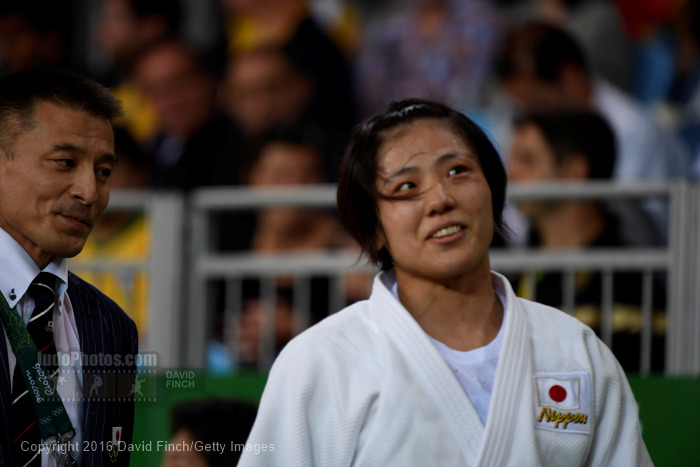
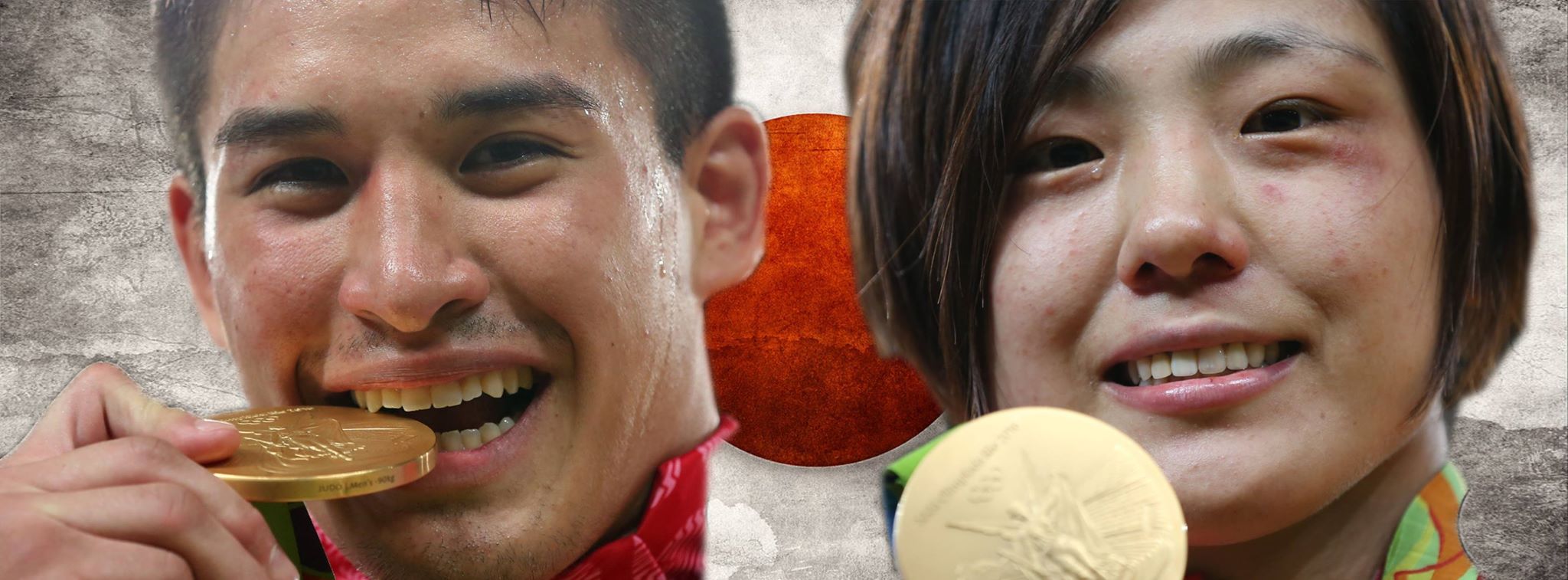

.jpg)











